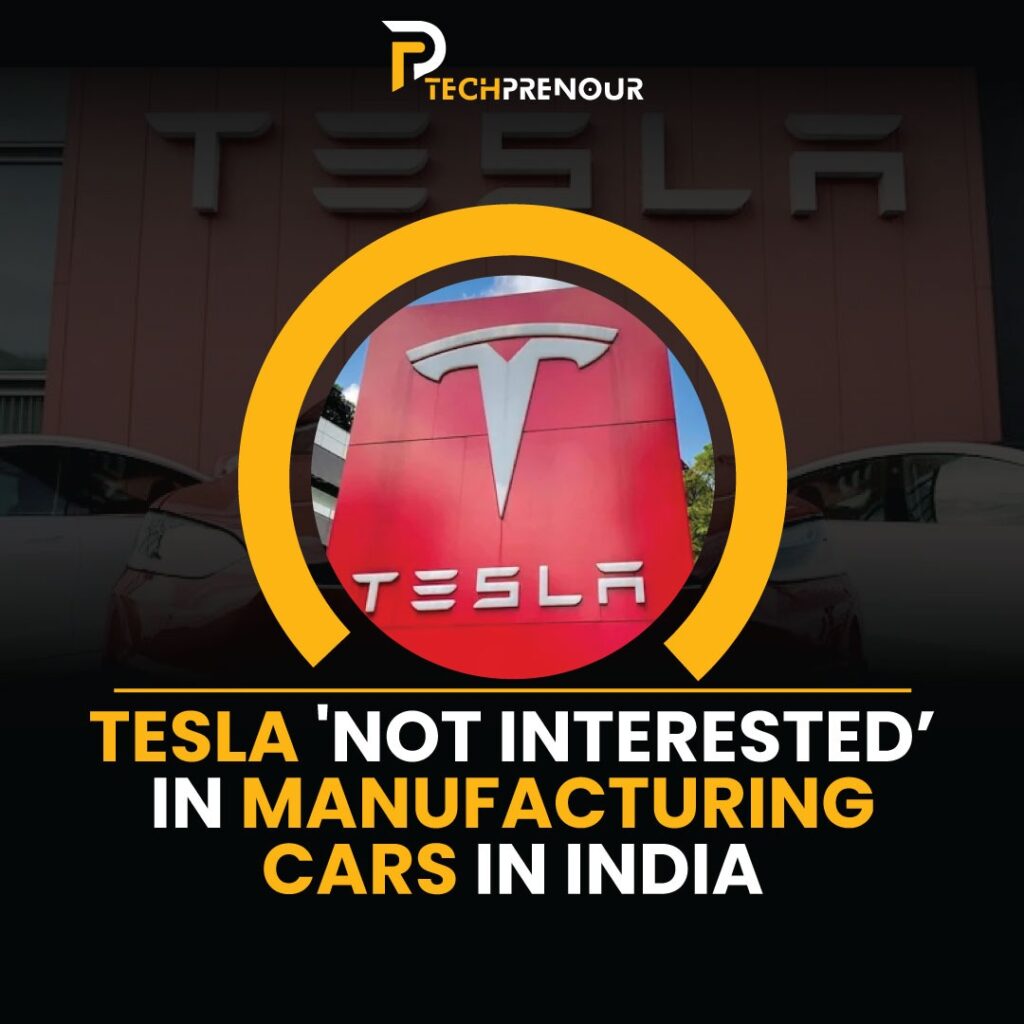Tesla has officially decided not to set up manufacturing operations in India, despite ongoing discussions and favorable government policies designed to attract electric vehicle makers. Instead, the company has chosen to enter the Indian market through retail showrooms, focusing on importing and selling its vehicles rather than building them locally.
This decision follows months of speculation and interest from both sides. The Indian government recently announced a new electric vehicle (EV) policy aimed at encouraging local production by offering significant incentives. The policy includes a reduced import duty of 15% for companies that commit to investing at least $486 million (approximately ₹4,000 crore) in setting up EV manufacturing facilities in India and adhere to local value-add requirements.
While several international automakers are reportedly exploring the Indian market under this new policy, Tesla has opted to stay out of the manufacturing scheme. Instead, the company intends to import its cars into India and sell them through a network of showrooms. This decision indicates Tesla’s preference to assess market demand before committing to any large-scale production investment in the region.
Tesla’s move is seen as a strategic approach to entering a new and developing market without bearing the risks and commitments associated with building manufacturing infrastructure. The company has maintained that it prefers to start operations in new countries through direct sales and servicing before considering local manufacturing.
Although this is a setback for the Indian government’s ambition to make the country a major hub for EV manufacturing, the decision may pave the way for Tesla to gauge customer response and possibly revisit manufacturing plans in the future.
With the EV market in India steadily growing, all eyes will be on how Tesla performs in this competitive landscape without a local production base.

